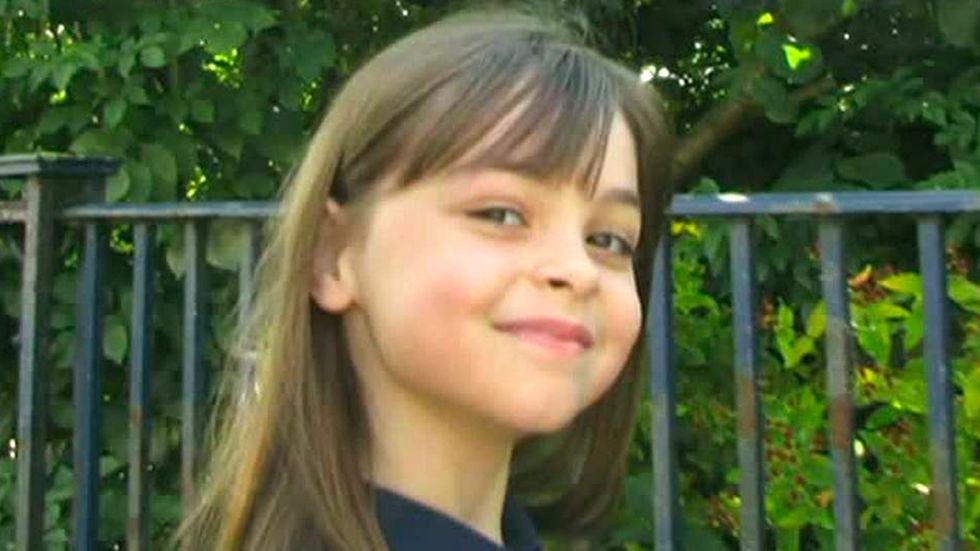Manchester bombing: Youngest victim had 'nil' chance of survival, inquiry told

Saffie-Rose Roussos

The youngest victim of the Manchester Arena attack had “nil possibility” of surviving her injuries, the public inquiry into the May 2017 bombing has heard.
Eight-year-old Saffie-Rose Roussos arrived at hospital 52 minutes after the explosion at the City Room foyer of the venue, at the end of an Ariana Grande concert.
Giving evidence on Thursday, blast wave experts told the inquiry her multiple injuries were unsurvivable, and one said that even if she arrived at hospital in 20 minutes it would have made no difference to the outcome.
This week the public inquiry into the atrocity, which killed 22 people and injured hundreds of others, is focusing on whether Saffie-Rose, from Leyland, Lancashire, may have survived if she had received different or additional treatment.
Experts commissioned by lawyers for the Roussos family will argue she could have lived.
Despite receiving more than 100 separate injuries, Saffie-Rose did not go into cardiac arrest until shortly after she was taken into the hospital’s resuscitation room, and was later pronounced dead.
She asked for her mother as she lay on the floor following the blast, and her condition deteriorated as a T-shirt seller, an off-duty nurse and two police officers were forced to carry her out of the City Room foyer of the venue on a bloodied advertising board.
One of the police officers had to flag down an ambulance, and later Saffie-Rose asked a paramedic in the back of the vehicle: “Am I going to die?”
The panel of blast wave experts initially concluded she was unlikely to have survived from extensive bleeding, but could not rule out a “very remote” chance she could have lived if the most comprehensive and advanced medical treatment was immediately given.
However that possibility was removed when they analysed further information, which outlined her severe lung injuries and the impact it had on her ability to breathe, the inquiry heard.
Counsel to the inquiry Paul Greaney QC asked panel lead Professor Anthony Bull: “Does it remain the opinion of the panel that Saffie’s injuries were unsurvivable, that means there is a nil possibility Saffie would have survived whatever interventions had been made at whatever stage?”
Prof Bull replied: “Yes.”
Fellow panel member Professor Jonathan Clasper said a military casualty receiving similar injuries at Camp Bastion, the former UK army base in Afghanistan, would not have survived.
He added: “Even taking it to extremes and seeing what happens if she arrived at hospital in 20 minutes, we couldn’t see her surviving I’m afraid.”
The inquiry heard that the change in the blast wave panel’s categorisation had raised a “significant concern” to Saffie-Rose’s family.
Panel member Colonel Peter Mahoney explained to Pete Weatherby QC, representing the family, that the fresh conclusion was reached after viewing post-blast CCTV footage.
Col Mahoney said: “I think what the footage said to me is this is somebody who has become very sick, very quickly, and had evidence – in my view – of both blood loss and significant respiratory distress.
“I thought there is clearly more going on here, there is clearly a lot going on here.”
On the evening of May 22 2017, Saffie-Rose had earlier enjoyed the “night of her life” with her mother, Lisa, and older sister, Ashlee, as she watched her idol Grande perform.
She was five metres away from suicide bomber Salman Abedi as he detonated his device, packed with nuts and bolts.